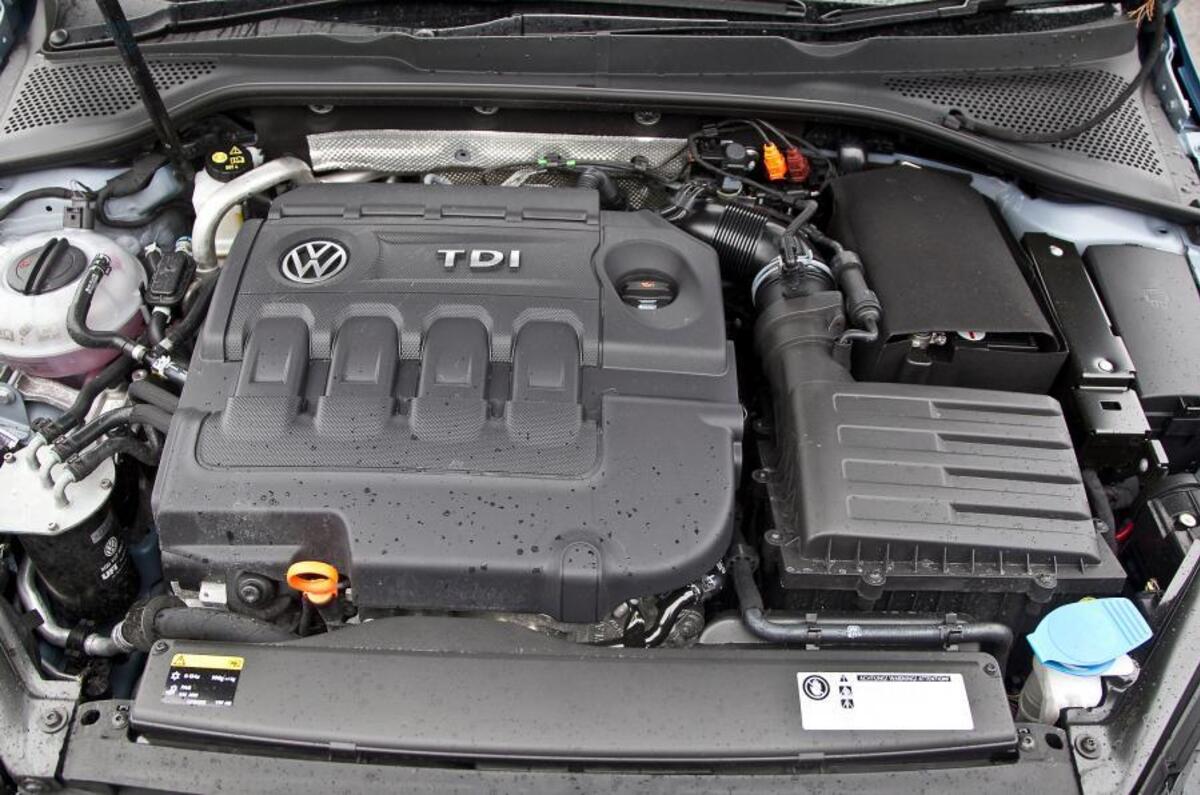The Volkswagen Group is looking past the emissions scandal, which caused it to recall around 11 million cars globally and face the prospect of billions of pounds of fines from various authorities, by revealing plans for a new generation of four-cylinder engines later this year.
The new petrol and diesel units are set to be made public at the Vienna Motor Symposium in late April, and scheduled to go into production in 2017, according to a senior Wolfsburg official familiar with the German carmaker’s future engine plans.
Conceived around the latest direct injection petrol and common-rail diesel processes and what is described as a modular aluminium crankcase and cylinder head, the new engines are initially planned to share a common 1.5-litre capacity. They will be used in a wide range of Audi, Skoda, Seat and Volkswagen models, starting with the facelifted seventh-generation Volkswagen Volkswagen Golf.
At this stage it is unclear whether Volkswagen will unveil the engines in detail at the Vienna Motor Symposium, or whether it will reveal simplified single-cylinder concepts of the new units outlining their inner workings and combustion properties.
The new turbocharged 1.5-litre four-cylinder petrol engine is set to replace the Volkswagen Group’s existing turbocharged 1.4-litre four-cylinder powerplant, bringing what one insider describes as the potential for added torque qualities due to the moderate increase in capacity.
On the diesel side, the new turbocharged 1.5-litre four-cylinder unit is planned to supersede the turbocharged 1.6-litre four-cylinder involved in the Volkswagen emissions scandal.






Join the debate
Add your comment
Better still...
EA288 Engines
This article needs further research. I believe the move to 1.5 litre is due to a consolidation of tooling for the construction of petrol and diesel engines as well as increasing diesel economy due to the lower displacement. Hopefully it may also address the refinement issues correctly noted in the previous comment.
Have driven the 1.6tdi in a